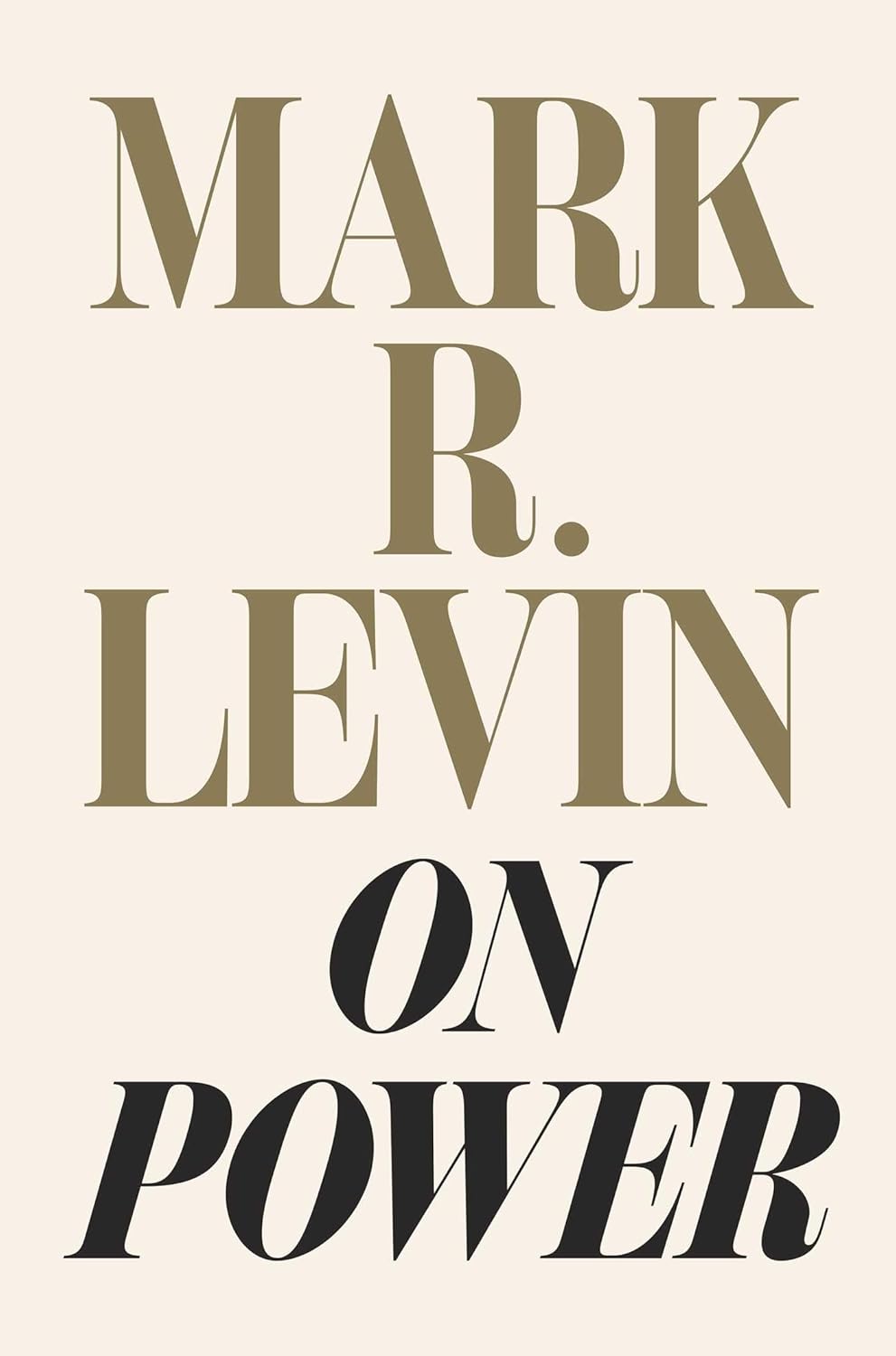In an age where authority is frequently contested and the boundaries between governance and overreach are increasingly blurred, Mark R. Levin’s On Power: My Journey Through the Corridors of Power and How It Has Changed Me offers a timely, incisive commentary. A renowned constitutional lawyer, conservative commentator, and best-selling author, Levin presents a sobering critique of political institutions and how the quest for power can mutate into authoritarianism.
This On Power book review delves into the central themes, narrative style, and insights that define this compelling political work. Whether you’re a long-time follower of Levin or newly exploring conservative political thought, On Power demands your attention.
What On Power Is About
On Power is not a typical political manifesto or memoir. Rather, it is a hybrid—a reflective journey through history, theory, and Levin’s personal experiences. The book traces how government systems, especially in America, have evolved from constitutional republics to increasingly centralized bureaucracies. Levin argues that the power-grabbing tendencies of modern administrations—both Democratic and Republican—are eroding liberty and constitutional safeguards.
The book starts with a historical dissection of tyrannies, citing examples from the Roman Empire to modern socialist regimes. Then it transitions into a sharp critique of contemporary America, including policies, court rulings, and political narratives that Levin sees as symptomatic of creeping authoritarianism.
Central Themes Explored in On Power
The Nature and Seduction of Power
One of the core ideas of On Power is that power, once obtained, seeks to expand itself. Levin draws heavily on historical and philosophical sources, including Alexis de Tocqueville, Montesquieu, and The Federalist Papers, to argue that the Founders anticipated the dangers of concentrated power. Yet, as Levin warns, we have ignored those warnings in favor of political expediency and emotional governance.
“The more power government gains, the more liberty the people lose.” — Mark R. Levin
Constitutional Deconstruction
In this On Power book review, we must highlight how Levin’s central concern revolves around constitutional erosion. He believes the checks and balances originally designed to curtail government overreach have been progressively dismantled. The book outlines how executive orders, judicial activism, and administrative agencies now hold disproportionate influence over American life.
Cultural and Ideological Shift
Levin doesn’t restrict his analysis to government alone. He also scrutinizes academia, media, and corporate America, claiming they function as ideological allies of an authoritarian culture. He warns that these institutions amplify government propaganda, silence dissent, and manipulate public discourse in favor of collectivist ideologies.
Individual Responsibility and Resistance
Interestingly, On Power is not just a cry of alarm—it’s also a call to action. Levin urges individuals to educate themselves, uphold constitutional principles, and resist soft tyranny. His emphasis on personal accountability and civic engagement makes the book more than just theoretical; it’s also prescriptive.
Style, Language, and Narrative Tone
Levin’s language in On Power is direct, forceful, and impassioned. He combines scholarly citations with polemical prose, creating a work that is both intellectual and emotionally charged. While some readers may find his tone combative, others will appreciate his unflinching candor.
He avoids dense academic jargon, making the book accessible to a broad audience while still rooted in constitutional and philosophical rigor. Each chapter flows logically, building on the last to form a cohesive argument that is both urgent and thought-provoking.
Strengths of On Power
Intellectual Rigor
Levin’s deep knowledge of constitutional law and political philosophy shines through. His use of historical parallels and source citations demonstrates a scholarly approach that adds credibility.
Clarity and Accessibility
Despite its heavy themes, On Power remains readable. Levin’s ability to simplify complex ideas without diluting their essence is one of the book’s key strengths.
Passionate Advocacy
Levin’s personal investment in the subject matter makes the book feel urgent. His impassioned writing underscores the stakes involved in maintaining constitutional liberty.
Weaknesses of On Power
Partisan Leanings
Some critics argue that Levin’s conservative lens limits the book’s objectivity. While he criticizes both political parties, his analysis is more heavily weighted against progressive politics. This may alienate centrist or liberal readers.
Lack of Practical Solutions
Though On Power excels at diagnosing the problem, it offers fewer concrete policy prescriptions. Levin calls for resistance and education but does not delve deeply into actionable reforms.
Reader Impressions from Amazon and Goodreads
Reader feedback for On Power is generally favorable. Here are a few representative comments:
“A powerful, sobering book that made me rethink how our government functions.” – Amazon reviewer
“Levin is brilliant. His analysis is spot-on, though I wish he offered more in terms of solutions.” – Goodreads reviewer
“Hard-hitting and thought-provoking. A must-read for anyone concerned about liberty.” – Verified buyer on Amazon
These impressions reinforce the idea that the book resonates deeply with readers who are concerned about the current political climate.
Why You Should Read On Power
If you’re interested in politics, constitutional law, or the philosophical foundations of freedom, On Power is essential reading. Levin’s examination of authority is not just historical or theoretical—it’s a lens through which to understand our contemporary world.
This On Power book review encourages you to pick up the book not just to agree or disagree with Levin’s conclusions, but to engage in the deeper conversation about liberty, responsibility, and governance. You can buy On Power on Amazon here.
Additional perspectives can be found at Goodreads On Power page and in Levin’s interviews on Fox News.
The Price of Complacency
Mark Levin’s On Power is more than a book—it’s a warning. It challenges readers to reassess their assumptions about freedom, authority, and the integrity of American governance. Whether you’re a political junkie, a student of history, or a concerned citizen, this work is both informative and provocative.
In conclusion, this On Power book review finds that while the book leans heavily on a conservative perspective, its warnings about the dangers of unchecked authority are universal. Don’t read it expecting neutrality; read it to be challenged. And most importantly, read it to understand why power, once accumulated, rarely lets go without a fight.
“Enjoyed this review? Discover more in our Politics Reviews section.”





